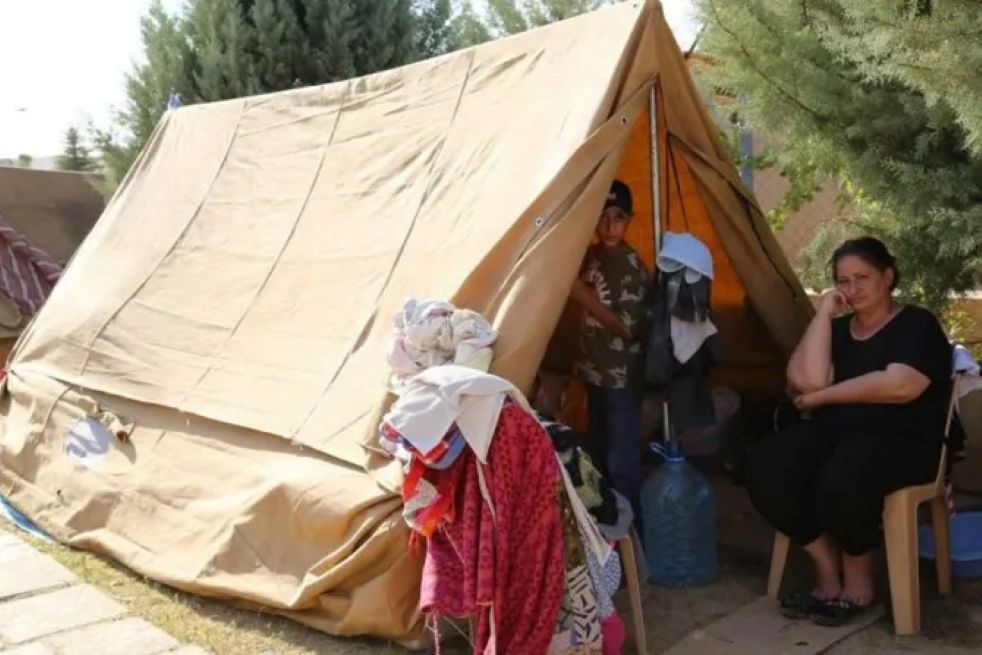Chaldean Patriarch Sako marks 11th anniversary of Christian displacement from Mosul
BAGHDAD — On the 11th anniversary of the mass displacement of Christians from Mosul and the towns of Nineveh Plains in the wake of the invasion by the Islamic State (ISIS), Chaldean Patriarch Mar Louis Raphael Sako reflected on the 2014 tragedy, describing it as “a back-breaking event” for Iraq’s Christian community.
In a special message commemorating the occasion, Patriarch Sako urged the Iraqi government to take full responsibility for protecting the indigenous Christian population and to adopt fair and just measures that safeguard the rights of all minorities who have long inhabited this land.
Houses of “Nun, Nusrani, Christian”
During ISIS’s occupation, Christian homes in the region were marked with the Arabic letter “Nun” (ن) — short for nusrani, meaning Nazarene or Christian. This branding was used by the terrorist group to designate Christian properties for confiscation.
“This symbol remains deeply etched in the memory of Mosul’s Christians,” Sako stated, “serving as a reminder of their steadfast faith and their refusal to surrender to injustice, despite the enormous sacrifices and hardships endured.”
The Patriarch emphasized the Christians’ strong attachment to their ancestral land and their deep pride in their history, language, and heritage. He underscored their right to live in safety, with justice and dignity, to ensure their continued presence in their historical homeland.
Sako also expressed hope that such a tragedy would never be repeated — against Christians or any other Iraqi community — and that all citizens might live together in peace, harmony, and brotherhood.
2014: Living Memory of Loss
In 2014, ISIS seized control of Mosul, Iraq’s second-largest city, and imposed a brutal extremist regime. Christians were presented with four choices: convert to Islam, pay the jizya (a tax imposed on non-Muslims), flee, or face execution.
The terrorist group confiscated Christian properties, homes, churches, and businesses. They destroyed dozens of churches, including the historic Al-Saa’a Church with its landmark clock tower, as well as Mar Behnam Monastery — a cultural and spiritual treasure. Numerous statues, rare manuscripts, and religious books dating back centuries were also obliterated in what amounted to a cultural and religious genocide.
Although Mosul and Nineveh Plains have since been liberated, life remains precarious for Christians in the region. Many have not returned, and the Christian population continues to decline sharply.
What ISIS perpetrated was not merely forced displacement, but a deliberate and systematic attempt to erase a historical, cultural, and religious presence that had endured for more than 2,000 years.
According to Patriarch Sako, restoring this existence requires more than physical reconstruction. It demands justice, lasting security guarantees, and a sincere process of societal reconciliation.

















